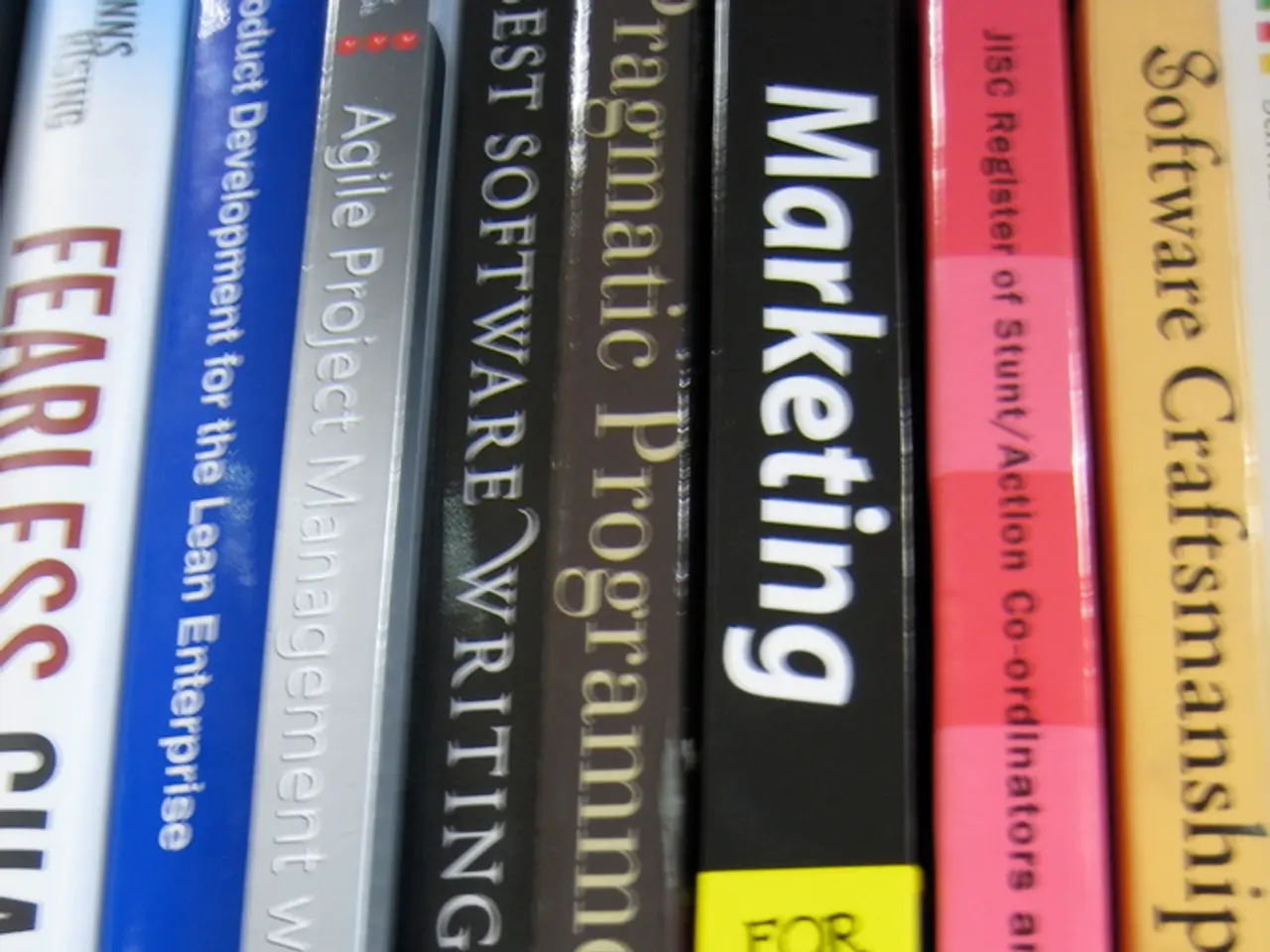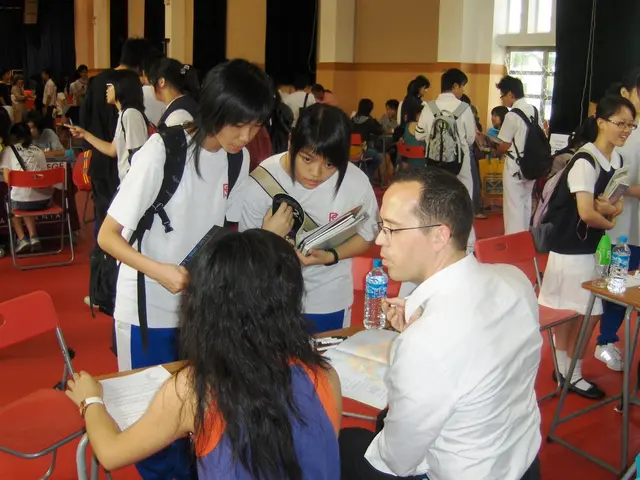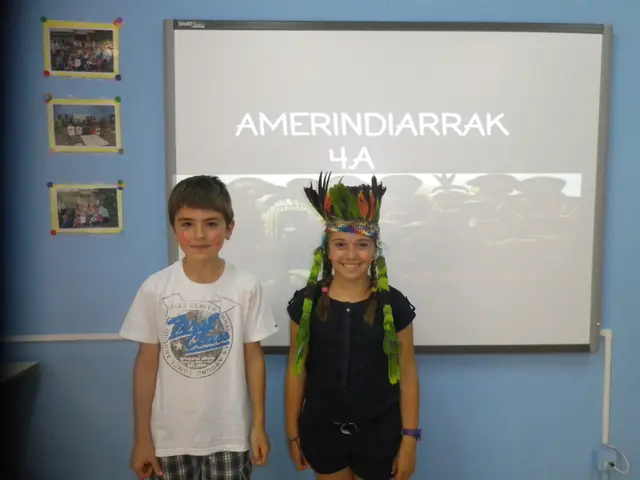Revised textbook for Class 8 Science introduced, highlighting India's scientific history, with the notable figure Acharya Kanada featured.
The National Council of Educational Research and Training (NCERT) has recently launched a new Class 8 Science textbook titled "Curiosity." This innovative textbook aims to integrate traditional Indian scientific knowledge with modern science, providing students with a unique opportunity to delve into India's rich scientific heritage while learning contemporary concepts.
The textbook is designed to foster curiosity, environmental awareness, ethical values, and critical thinking through an experiential and inquiry-based learning approach. It bridges ancient and modern science by presenting historical scientific contributions such as Acharya Kanad’s atomic theory ("parmanu") and Bhaskara II’s astronomical work with reflections and water bowls, alongside contemporary scientific advancements like ISRO's latest missions, such as Chandrayaan, Mangalyaan, and Aditya L1.
"Curiosity" also highlights India's scientific heritage by describing historical practices like variolation, an early form of smallpox inoculation, and linking it to modern vaccine efforts, including India's role during the COVID-19 pandemic. The book features Indian scientists such as Vikram Sarabhai, Meghnad Saha, Asima Chatterjee, Kamal Ranadive, and Maharaj Kishan Bhan, encouraging students to engage actively in science.
The textbook is thematically organised, incorporating broader themes like environment, curiosity, creativity, imagination, and love for nature. It interweaves physics, chemistry, biology, and earth science with themes like environmental stewardship, ethical reasoning, and cultural consciousness.
Sushma Yadav, Vice Chancellor of Central University of Haryana, has praised the move, stating that students connect better with education when it reflects their own cultural context. Educationist J.S. Rajput has also commended the new initiative as a meaningful step in making learning more holistic and culturally relevant, quoting Mahatma Gandhi's vision of keeping doors open to new ideas without losing one's foundation.
The new textbook aligns with the National Education Policy (NEP) 2020 and the National Curriculum Framework for School Education (NCF-SE) 2023 by promoting experiential and inquiry-based learning, integrating India’s scientific legacy with current scientific knowledge, and encouraging critical thinking, environmental consciousness, and ethical values.
Moreover, the textbook showcases modern scientific concepts within the context of ancient Indian discoveries, such as the use of bronze (Kamsya, an alloy of copper and tin) in traditional Indian medicine to enhance digestion and immunity. It also acknowledges the Indian Space Research Organisation's (ISRO) accomplishments and interweaves physics, chemistry, biology, and earth science with themes like environmental stewardship, ethical reasoning, and cultural consciousness.
The textbook is in line with UNESCO's 1996 report "Learning: The Treasure Within" and includes dedicated sections such as "Ever Heard Of?" and "Our Scientific Heritage." It also features a "Be a Scientist" section, highlighting the achievements of Indian scientists like Vikram Sarabhai, Meghnad Saha, Asima Chatterjee, Kamal Ranadive, and M.K. Bhan.
In the chapter "Keeping Time with the Skies," verses from the Taittiriya Samhita detail the Sun's six-month apparent journey between north and south. Bhaskara II's astronomical innovations, including the use of water reflections for celestial observations, are also highlighted in the textbook.
Indian vaccine manufacturers played a vital role globally during the COVID-19 pandemic, and the textbook acknowledges this contribution. Overall, "Curiosity" symbolizes a pedagogical shift consistent with NEP 2020 and NCF-SE 2023 ideals by designing a science curriculum that develops inquisitiveness, connects students with India's indigenous scientific history, and fosters responsible citizenship through values and environmental awareness.
This innovative textbook titled "Curiosity" integrates traditional Indian scientific knowledge with modern science, providing students with an opportunity to explore India's rich scientific heritage while learning contemporary concepts, fostering both science education and self-development through active learning. Furthermore, the textbook encourages critical thinking and environmental consciousness as students delve into the achievements of Indian scientists such as Vikram Sarabhai, Asima Chatterjee, and more, aligning with the NEP 2020 and NCF-SE 2023.







